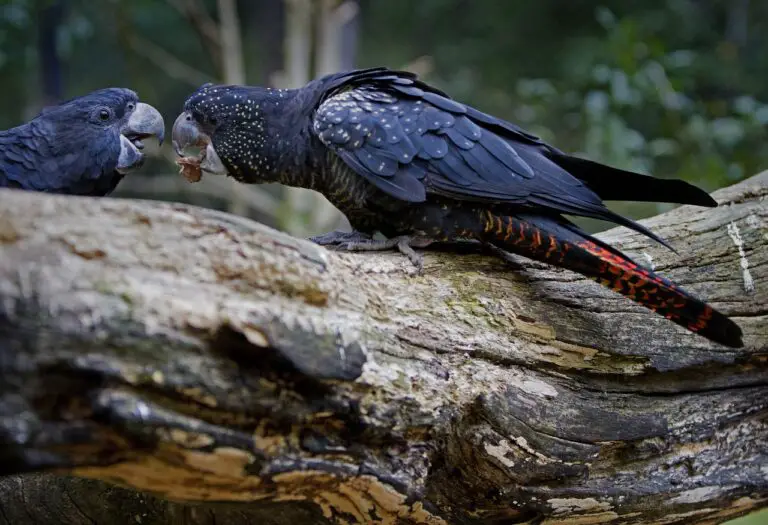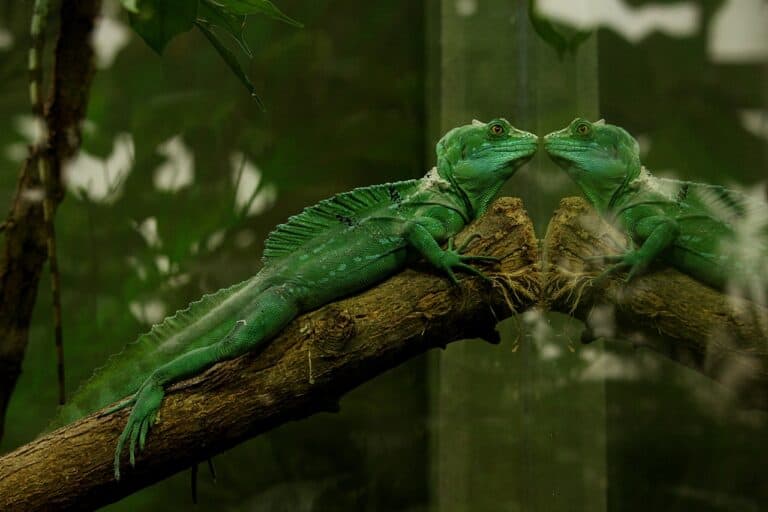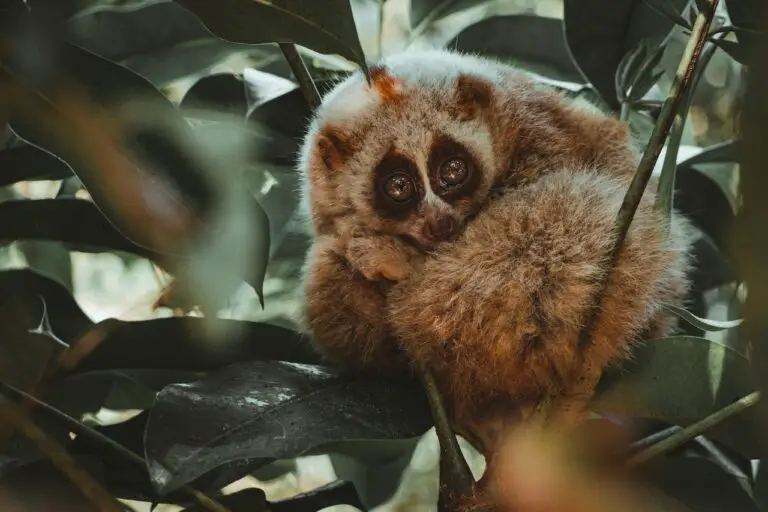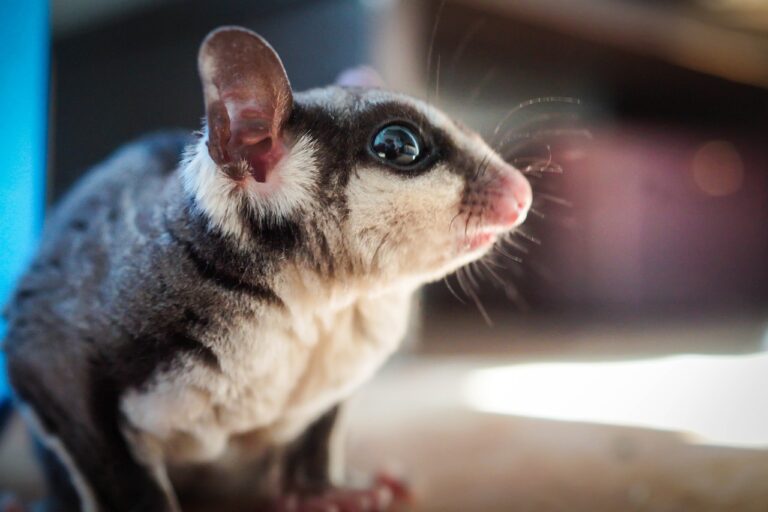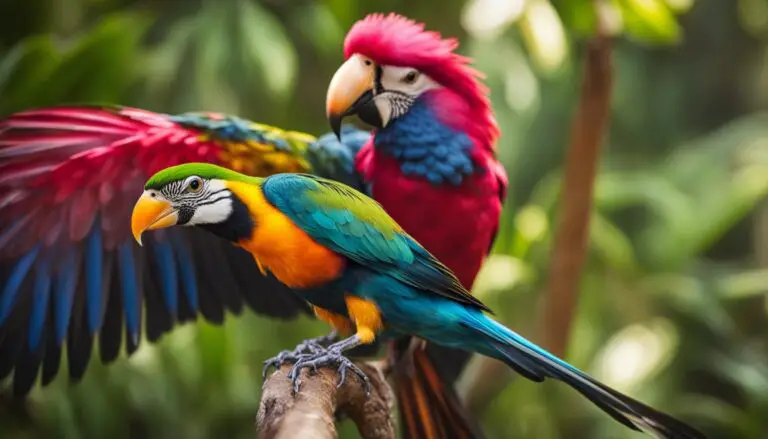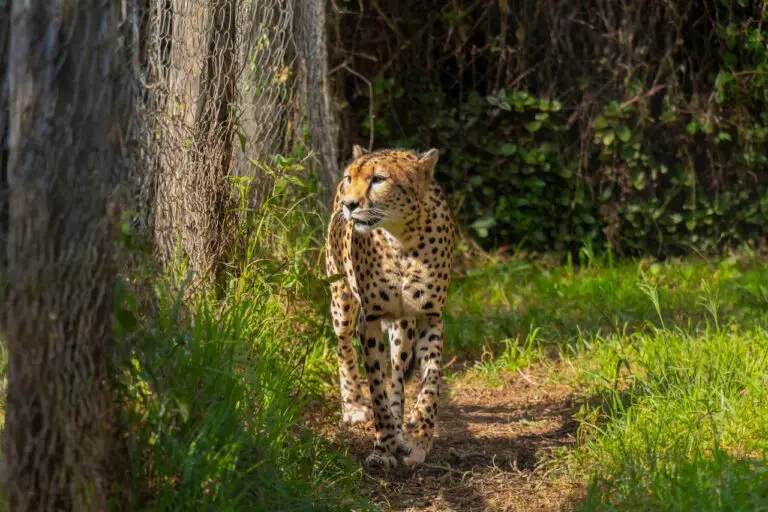The Pros and Cons of Owning an Exotic Pet in College [+ FAQs]
In recent years, there has been a growing trend among college students to own exotic pets.
Exotic pets refer to animals that are not commonly kept as pets and often require special care and handling.
While owning an exotic pet in college can be an exciting and unique experience, it also comes with its own set of challenges and considerations.
In this article, we will explore the main pros and cons of owning an exotic pet in college, helping you make an informed decision.
Key Takeaways:
- Owning an exotic pet in college can provide companionship, unique experiences, and personal growth opportunities.
- Consider the financial burden, time commitment, and potential distractions associated with owning an exotic pet in college.
- Be aware of housing and legal restrictions, as well as health and safety risks when considering an exotic pet.
- Proper research and understanding of the specific needs and care requirements of an exotic pet are essential.
- Carefully weigh the pros and cons before making the decision to own an exotic pet in college.
Pros of Owning an Exotic Pet in College
1. Companionship and Emotional Support
Owning an exotic pet can provide companionship and emotional support, especially for students who may be living far from home.
Exotic pets, such as reptiles or small mammals, can form strong bonds with their owners and offer a sense of comfort during stressful times.
2. Unique and Fascinating Experience
Having an exotic pet in college can be a fascinating experience.
It allows you to learn about different species, their behaviors, and their habitats.
You can observe their unique characteristics up close, which can be both educational and entertaining.
3. Learning Responsibility and Time Management
Caring for an exotic pet requires responsibility and time management skills.
College students who own exotic pets learn to prioritize their tasks, manage their time effectively, and develop a routine to ensure their pet’s well-being.
This can be a valuable lesson in personal growth and preparing for the future.
4. Opportunities for Social Interaction
Owning an exotic pet can serve as a conversation starter and provide opportunities for social interaction.
Many people are intrigued by unique pets, and having one can spark interesting conversations and connections with others who share the same interest.
5. Personal Growth and Development
Caring for an exotic pet can contribute to personal growth and development.
It teaches empathy, patience, and compassion towards animals.
It also fosters problem-solving skills as you navigate the challenges of meeting your pet’s specific needs.
Cons of Owning an Exotic Pet in College
1. Financial Burden
Exotic pets often require specialized care, which can be expensive.
From the initial purchase or adoption costs to ongoing expenses for food, housing, and veterinary care, owning an exotic pet can strain a college student’s budget.
It’s essential to consider the long-term financial commitment before bringing an exotic pet into your life.
2. Time Commitment and Potential Distractions
College life can be demanding, with classes, assignments, and extracurricular activities taking up a significant portion of your time.
Owning an exotic pet requires dedicated time and attention.
It’s crucial to ensure that you can provide the necessary care without compromising your academic responsibilities or falling behind.
3. Housing and Legal Restrictions
Many college dormitories and rental properties have strict rules regarding pet ownership, especially when it comes to exotic pets.
It can be challenging to find suitable housing that allows for the presence of an exotic pet.
Additionally, some exotic animals are subject to legal restrictions, and owning them without proper permits can lead to legal consequences.
4. Health and Safety Risks
Exotic pets can pose health and safety risks, both to the owner and others.
Some species may carry zoonotic diseases or have specific handling requirements that can result in injuries if not followed properly.
It’s essential to thoroughly research the potential risks associated with the specific exotic pet you wish to own.
5. Difficulty in Providing Proper Care
Exotic pets often have specific dietary, environmental, and healthcare needs that may be challenging to meet, especially in a college setting.
They may require specialized equipment, temperature control, or access to certain types of food that may not be readily available.
Providing the proper care for an exotic pet can be demanding and may require additional research and resources.
Conclusion
Owning an exotic pet in college can offer unique experiences, companionship, and personal growth opportunities.
However, it also comes with financial, time, and legal considerations, as well as health and safety risks.
It’s crucial to weigh the pros and cons carefully and assess your ability to meet the needs of an exotic pet before making the decision to bring one into your college life.
FAQs
Can I own any exotic pet in college?
It depends on the specific regulations of your college and local laws.
Some colleges may have restrictions on pet ownership, while certain exotic species may be prohibited or require permits.
How much does it cost to own an exotic pet in college?
The cost varies depending on the species and its specific requirements.
Consider expenses such as purchasing or adopting the pet, housing, food, veterinary care, and ongoing supplies.
What are some low-maintenance exotic pets suitable for college students?
Certain reptiles, such as leopard geckos or corn snakes, can be considered low-maintenance exotic pets.
However, it’s important to research their needs and ensure you can provide appropriate care.
What are the potential legal consequences of owning an illegal exotic pet?
Owning an illegal exotic pet can result in fines, confiscation of the animal, or even criminal charges.
It’s essential to familiarize yourself with the local laws and regulations regarding exotic pet ownership.
Are there any alternatives to owning an exotic pet in college?
If owning an exotic pet is not feasible, you can consider volunteering at a local animal shelter or participating in wildlife conservation programs to satisfy your interest in exotic animals.
Peter Stones is the founder of Exotic Pets Place, the leading online resource for exotic pet care information.
With over 10 years of hands-on exotic pet ownership experience, he is deeply passionate about sharing his expertise to help others properly care for their unusual pets.
When he's not writing extensively researched articles or connecting with fellow exotic pet enthusiasts worldwide, you can find Peter at home tending to his own beloved menagerie of exotic animals.

![The Pros and Cons of Owning an Exotic Pet in College [+ FAQs], a man with a backpack](https://exoticpetsplace.com/wp-content/uploads/2023/06/The-Pros-and-Cons-of-Owning-an-Exotic-Pet-in-College-FAQs-a-man-with-a-backpack.jpg)
